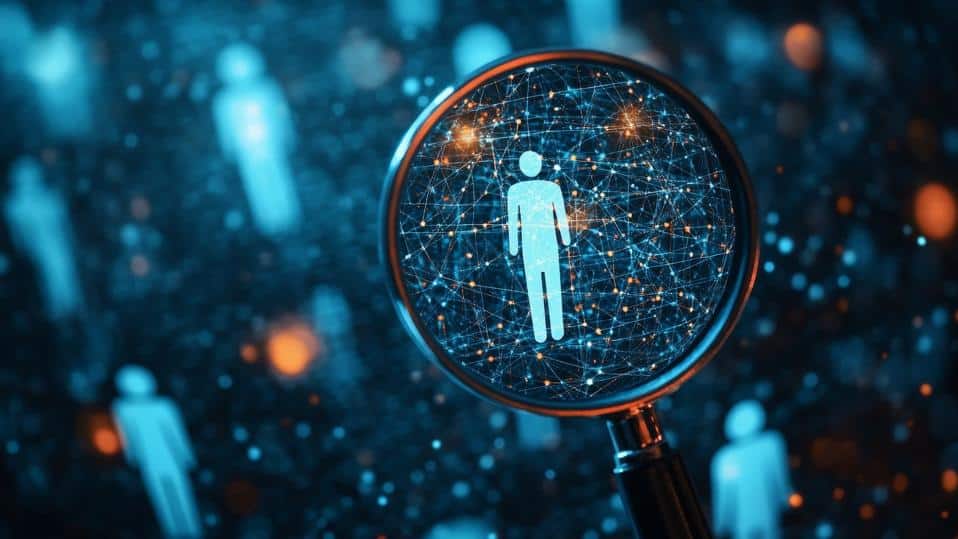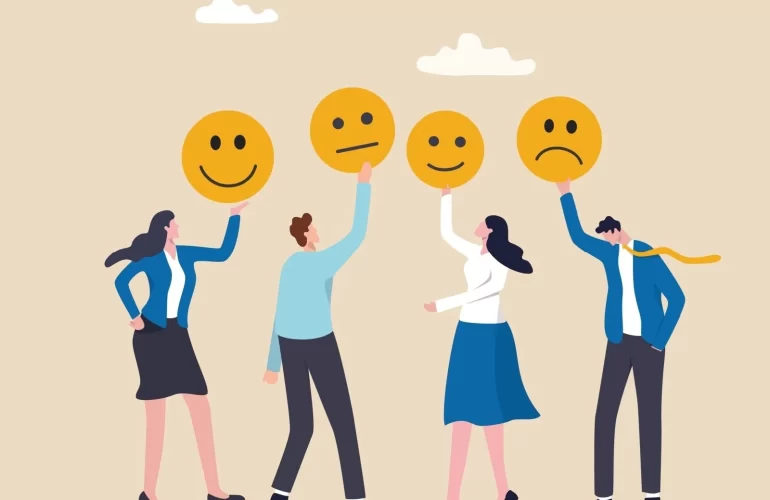Key Takeaways
- AI in HR introduces risks: AI has the potential to streamline HR tasks like recruitment and conflict resolution, but its misuse can lead to significant dangers and repercussions for individuals and organizations.
- The cost of AI errors: AI’s ability to save time and money is appealing, but incorrect data can lead to costly outcomes due to misinformed decisions impacting HR processes.
- Real-world risks emphasized by APA: The American Psychological Association has highlighted dangerous outcomes like discrimination and misinformation spread by AI in healthcare, bringing attention to potential lawsuits and mental health crises.
- AI bias and hallucinations pose threats: Flawed or biased data used in AI models can result in incorrect predictions, leading to poorly informed HR decisions or compliance issues.
- Mental health implications: The lack of comprehensive research on AI in mental health, combined with AI’s inability to replicate human empathy, highlights the danger of relying on AI for mental health support.
- Human connection remains essential: Effective mental health care relies on human interaction and empathy, which AI cannot fully provide, stressing the importance of licensed professionals in mental health treatment.
- Balancing AI and human roles: While AI can aid data analysis and risk assessment, HR should ensure AI complements rather than replaces the human workforce, prioritizing the well-being of employees and organizational integrity.
The integration of Artificial Intelligence (AI) in human resources is a transformative trend reshaping workplaces worldwide. While AI offers the tantalizing promise of streamlined operations and cost savings in HR functions like recruitment and conflict management, it also brings significant risks that must be carefully managed. This blog post delves into the nuanced relationship between AI and HR, exploring both the potential benefits and the serious challenges posed by its implementation.
The Compelling Appeal of AI in HR
AI has the capacity to revolutionize HR processes by automating repetitive tasks, enhancing data analysis, and even predicting employee needs through sophisticated algorithms. The allure of AI lies in its promise to increase efficiency, reduce costs, and allow HR professionals to focus on more strategic roles within their organizations. Yet, this advancement is a double-edged sword.
AI: The Risks and Costs
The Perils of Misinformed Decisions
AI systems derive their functionality from data; hence, the accuracy of their predictions heavily depends on the quality of the data fed into them. Data that is flawed, biased, or incomplete can lead to erroneous conclusions and misinformed decisions. In an HR context, this can translate to unequal treatment of employees, biased recruitment processes, or inappropriate benefits allocation, resulting in costly consequences both financially and in terms of organizational reputation.
Real-World Risks Highlighted by Experts
The American Psychological Association (APA) has sounded an alarm on the dangers of AI, particularly in healthcare. Issues such as discrimination and misinformation have been linked to AI, posing threats to mental health and leading to potential lawsuits. These concerns extend into HR, where AI’s ability to affect employee mental health and well-being is under scrutiny.
AI Bias and Hallucination: Understanding the Threats
AI bias occurs when AI algorithms produce systematic errors due to prejudiced data. This can lead to exclusion or discrimination against certain groups within the workforce. Furthermore, AI models are prone to hallucinations — instances where the AI “invents” information not grounded in reality. These hallucinations can severely misguide HR decisions, posing compliance risks and undermining trust within organizations.
Implications for Mental Health
The Limitations of AI in Mental Health Support
AI lacks the empathy and understanding that human professionals bring to mental health support. The complexity and nuance of human emotions are challenging for AI to accurately interpret or respond to. As a result, over-reliance on AI for mental health support can result in misdiagnosis, inadequate treatment, and ultimately, a failure to address employee well-being comprehensively.
The Irreplaceable Role of Human Connection
Human interaction is a cornerstone of effective mental health care. It requires empathy, cultural understanding, and the ability to listen and adapt — qualities that AI cannot replicate. Licensed professionals provide personalized care that AI tools can enhance but not replace. For HR leaders, ensuring that AI complements rather than substitutes human roles is crucial for maintaining employee well-being and organizational integrity.
Balancing Act: Integrating AI Responsibly
AI should be seen as a tool to aid and enhance human capabilities, not as a replacement for the nuanced decision-making that humans bring to HR. Here are key strategies for responsible AI integration:
- Data Quality Assurance: Ensure the data used for AI training is comprehensive, unbiased, and regularly updated to reflect current realities.
- Regular Human Oversight: Maintain human oversight in AI decision-making processes to catch errors and provide context that AI might miss.
- Focus on Employee Well-being: Use AI to identify trends and potential issues in employee well-being but prioritize human interaction for resolution.
- Continuous Training and Development: Provide ongoing training to HR professionals to understand AI processes and augment them with human judgment.
While AI offers remarkable potential to transform HR functions, its deployment must be carefully managed with a focus on ethical considerations, data integrity, and the irreplaceable value of human empathy and expertise. By adopting a balanced approach, organizations can harness AI’s power while safeguarding the integrity and well-being of their human resources.




